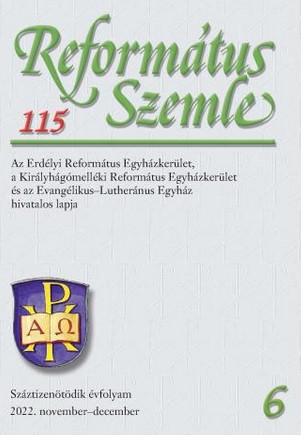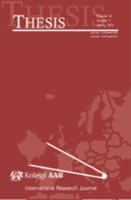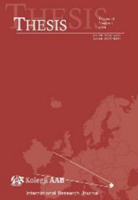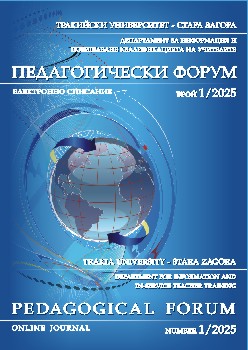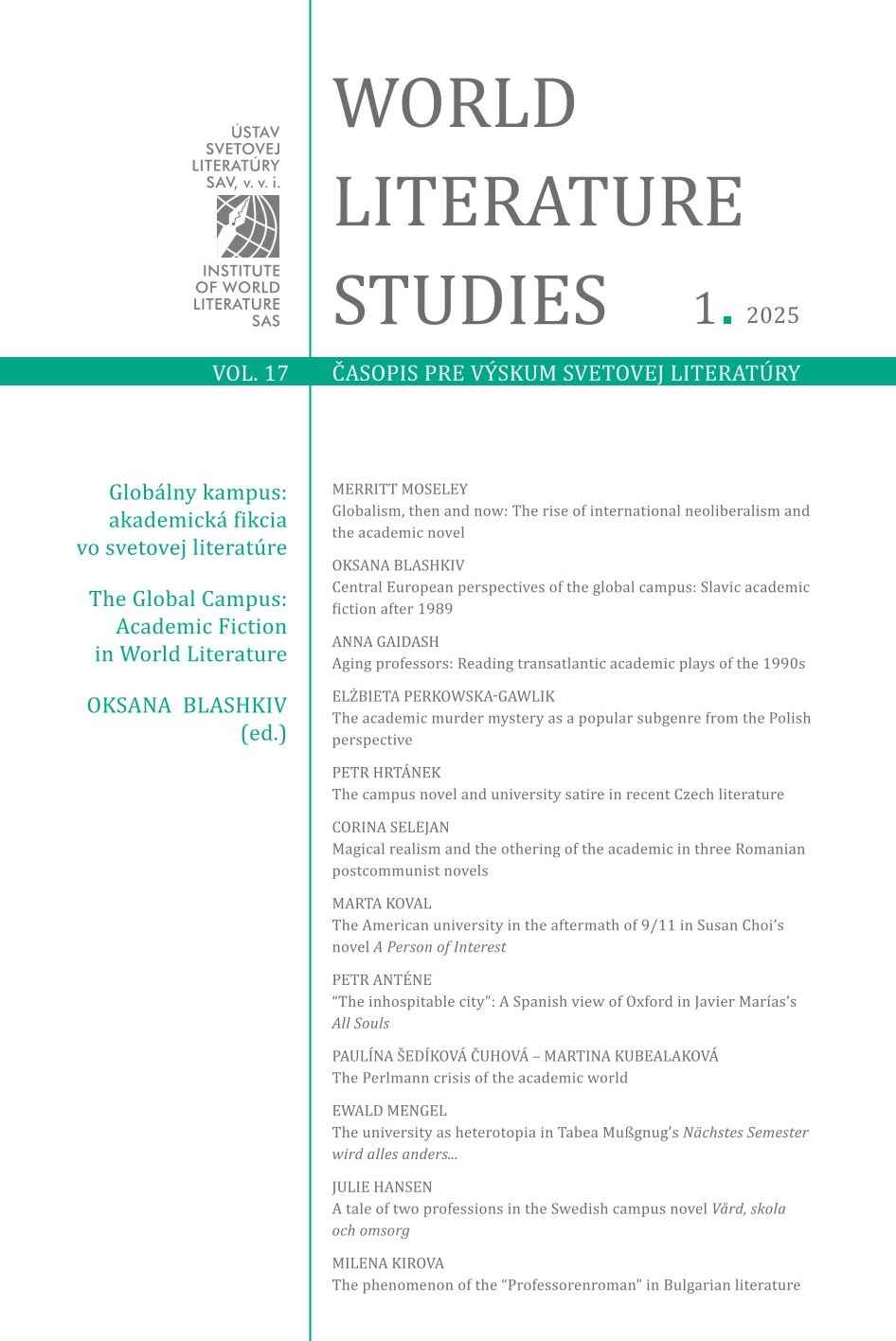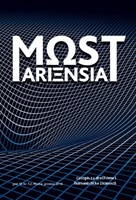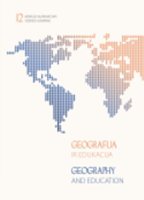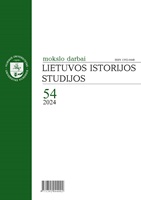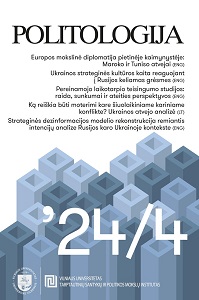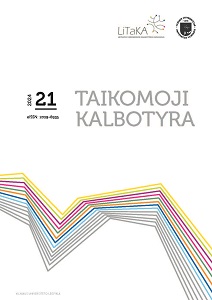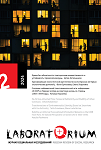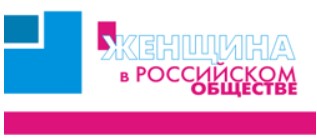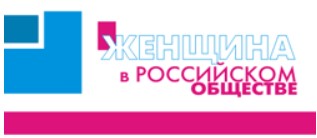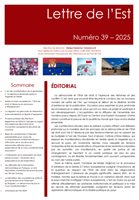TRANSFORMATION OF GENDER ROLE AND IMAGE OF WOMEN IN UKRAINIAN MEDIA: HISTORICAL AND SOCIOPOLITICAL ASPECTS
Issues of gender balance in Ukrainian media as a reflection of an urgent social problem remain relevant and require the study of new aspects – historical, sociopolitical, philosophical and many others – in the conditions of a full-scale war. Current epistemological and ontological approaches challenge established concepts and sex/gender dichotomy, the traditional representation of men and women in the media. The paper attempts to analyze how women are represented in the Ukrainian media, which involves not only studying the statistics of the presence of female experts and heroines but also analyzing the image of women in media, the historical prerequisites for its formation, and the socio-political reasons that led to its transformation. The material for the study are results of Ukrainian national and hyperlocal media monitoring, data from a survey of participants of Gender Media Forum, archival materials of the oldest continuously operating metropolitan newspaper "Vechirniy Kyiv". The research findings show that Ukrainian women have historically been underrepresented or misrepresented in stereotypical roles in media content. At the same time, we note the positive changes regarding the destruction of gender stereotypes and transformation of gender roles in Ukrainian society, reflected in changing representations of women in modern media.
More...
